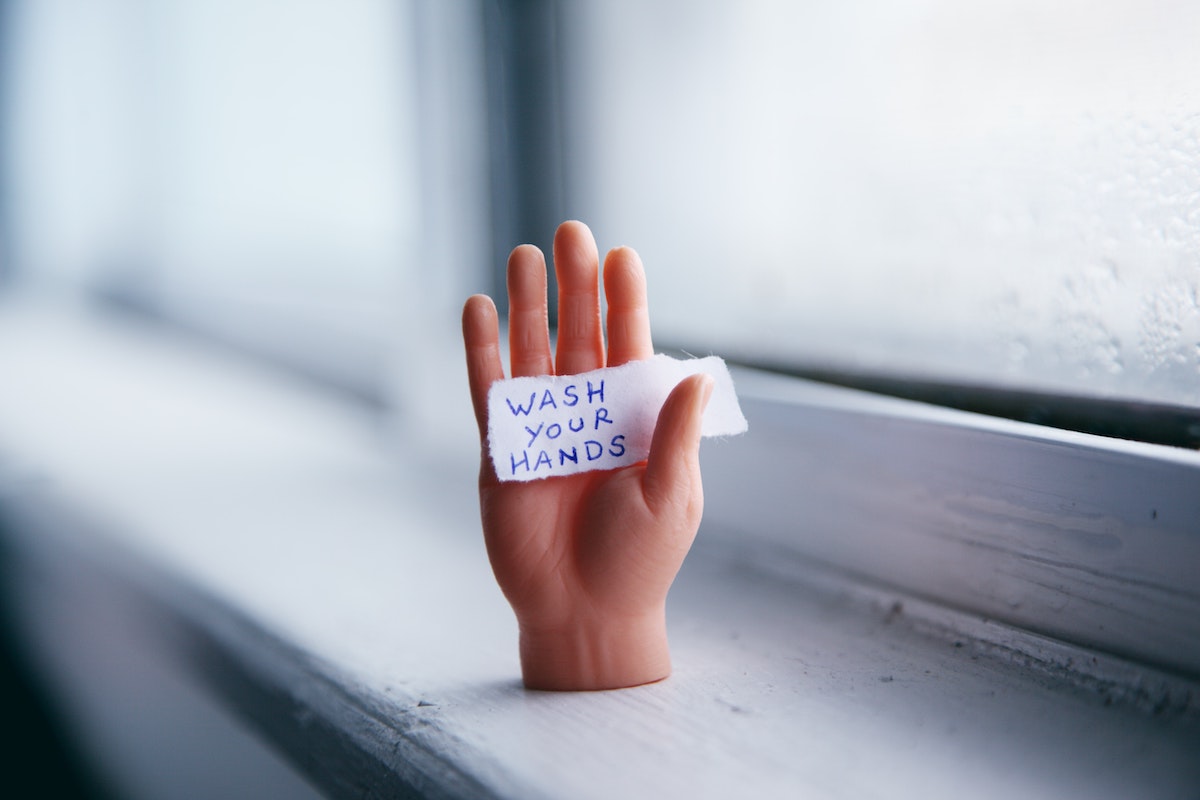The Importance of Hygiene in Schools: Explained

Good hygiene is an essential part of life, both in and out of school. It helps keep our environment free from germs that could cause illnesses, and it can help prevent the spread of diseases to others. Hygiene also has a long-term impact on our physical health. Proper handwashing techniques can prevent infection, while oral care can reduce cavities and gum disease.
As parents and educators, we must ensure a healthy learning environment for students by emphasizing the importance of good hygiene practices in schools. Through this blog post, we'll explore how proper hygiene habits are beneficial for student health and academic performance.
1. Improved Physical Health
Hygiene should be taken seriously in schools for the student's sake and the entire community's. Schools should provide handwashing facilities throughout the school building. By having bathroom stall designs used in schools that provide students with easy access to soap, paper towels, and disposable hand dryers, schools can help encourage good hygiene habits. In addition, providing regular dental check-ups for students can help identify any potential issues before they become serious problems.
By educating students on the importance of proper handwashing and providing regular access to sinks with running water and soap, schools can help keep students healthy and active in learning. Encouraging students to wipe down surfaces they come into contact with and regularly washing cloth items such as uniforms are also great preventative measures that pay dividends to improved physical health.
2. Increased Academic Performance
Schools that prioritize hygiene can experience increased academic performance in their students. Studies have shown that providing clean and safe environments encourages learning. At the same time, dirty and unsafe spaces can be a huge distraction as students grapple with health issues or feelings of unease. Keeping school bathrooms, classrooms, and other areas regularly scrubbed and sanitized helps create an environment where everyone feels comfortable instead of one that triggers feelings of physical discomfort due to germs or dirt.
When teachers teach in a clean atmosphere, there is usually more student participation, leading to higher engagement which is integral to better academic outcomes. Hygiene should be seen as a critical aspect of education rather than just a neighborhood problem for schools to take care of.
3. A More Connected Existence
Hygiene is an area of education that has often been overlooked. Still, with the advent of a more connected world, it is becoming increasingly important for schools to recognize its importance. Good hygiene can be linked to improved school performance, fewer cases of illness, and higher attendance rates. In addition, by teaching students good hygiene behaviors, we ensure they have the tools to protect themselves against disease and create a healthier environment where everyone can thrive.

Schools should make hygiene part of their curriculum, starting early, so children can develop good personal habits. This could include concepts such as handwashing properly after using the restroom and sneezing into a tissue or elbow rather than one's hand - best practices that must be reinforced regularly for maximum effectiveness. If we teach our children how to care for themselves in terms of hygiene, our whole world will reap the benefits.
4. Reduced Stress Levels
It's well-established that cleanliness plays a vital role in reducing stress levels, so keeping schools properly clean is critically important. Our students spend so much of their day there, often studying and interacting with others while they're already stressed or anxious. A dirty school can worsen those feelings, increasing germs on surfaces and leading to potential allergic reactions.
To combat this issue, schools should keep bathrooms, classrooms, and other common areas free of dirt and debris as much as possible. There's no cause for concern if it isn't perfect every single day, but ensuring that the cleaning staff is doing their job can work wonders when it comes to helping our students stay comfortable in their learning environment.
5. Enhanced Comfort
For parents, one of the main concerns is a safe and comfortable learning environment for their children. And when it comes to addressing this issue, enhanced comfort through improved hygiene in schools is paramount. Not only will improved hygiene create an atmosphere that's free from airborne illnesses or other contagions, but it can also improve safety and help students feel more comfortable in their learning environment.
Moreover, it's important to remember that improved hygiene needs to be part of an overall school health program to ensure an optimal learning atmosphere. Of course, quality education depends greatly on student well-being. Educators should always strive for an educational atmosphere that enables students to stay healthy to make the most of what's taught.
6. Increased Confidence
As teachers, we must emphasize proper hygiene in our classrooms to ensure that our students have the knowledge and confidence to care for themselves. Good hygiene practices such as regular handwashing and primary personal care products like toothpaste and lip balm can help create a positive learning environment for our students. Teaching our students these essential practices will increase their confidence and make them feel more comfortable around others.
Good self-care habits will also help promote good physical health and prevent potential illnesses that can interfere with learning. So while it might seem like a small thing on the surface, having a robust emphasis on hygiene at our schools can be instrumental in creating an engaged and confident student body.
7. Reduced Risk of Illnesses
Health and well-being should never be taken lightly, especially when kids are involved. Every school needs to have policies that ensure good hygiene is practiced daily, as it can reduce the risk of illnesses among children enormously. Teaching kids proper handwashing techniques, providing hand sanitizer dispensers throughout the school, and regularly reminding them to clean their work surfaces are just a few ways schools can do this.
Work with local health organizations to create even more comprehensive strategies to halt the spread of infectious diseases. Let's make every classroom an environment where students are not only learning but also staying healthy.
Taking care of your well-being can lead to an improved life in many ways. Whether it's better physical health, academic performance, connection with those around you, or stress reduction, each has its unique impact that allows us to live more fulfilled lives. The benefits are not only limited to increased confidence and decreased risk of illnesses but also extend to comfort. Taking steps such as getting proper nutrition and exercise or reading up on positive strategies will go a long way toward improving well-being.



